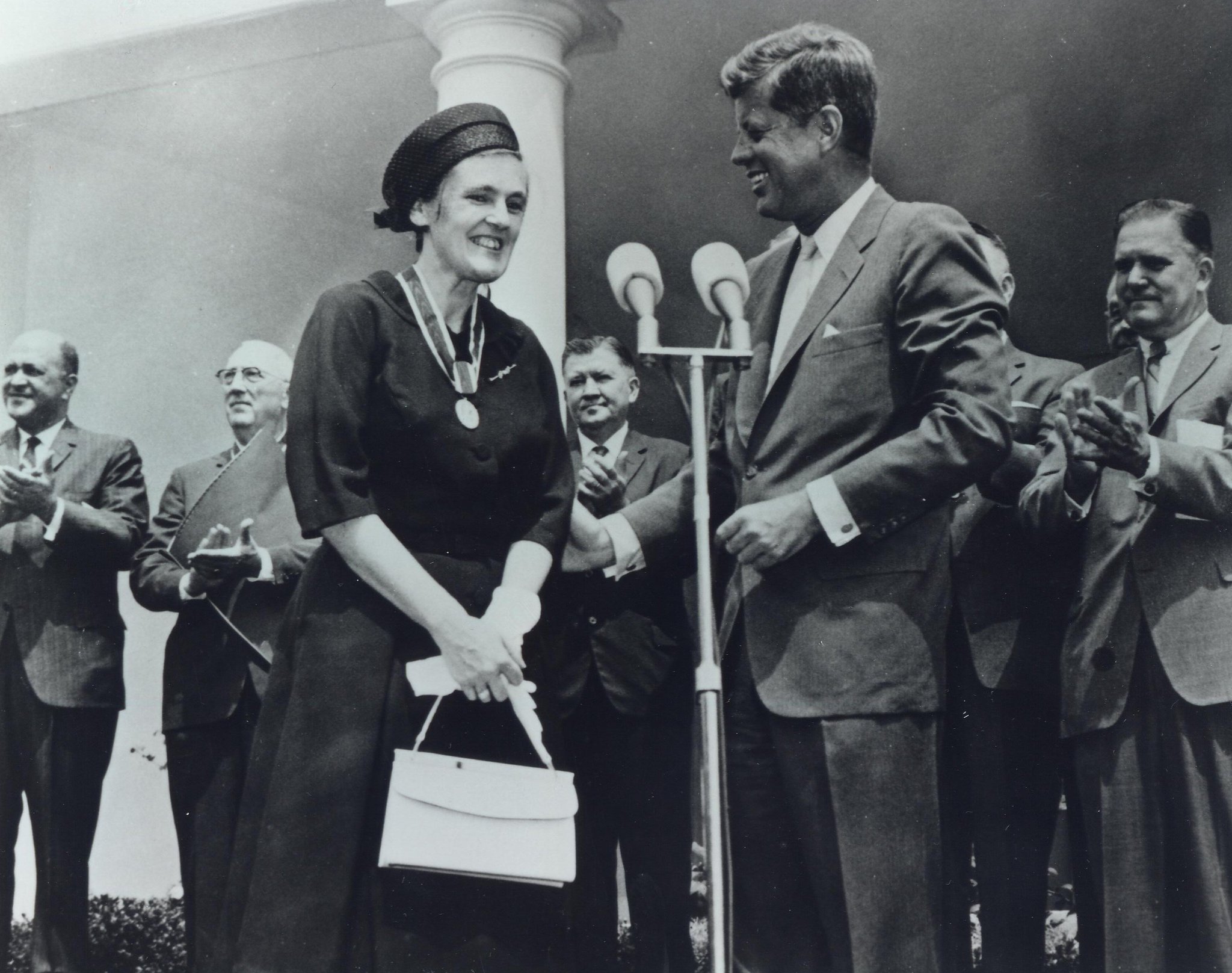Frances Kelsey: The Heroic FDA Scientist Who Saved Thousands of Lives
Francis Kelsey was a physician and pharmacologist who became known for her role in preventing the marketing of the drug thalidomide in the United States, which helped to avert a widespread tragedy.
Born in Canada in 1914, Kelsey earned her medical degree from the University of Chicago and later completed a fellowship in pharmacology at the University of California, Berkeley. In 1960, she was hired by the United States Food and Drug Administration (FDA) to work as a medical officer in its Division of New Drugs.
At the time, thalidomide was being marketed in Europe as a sedative and anti-nausea drug, and its manufacturer, the German company Grünenthal, was seeking approval to sell it in the United States as well. The FDA assigned Kelsey to review the application, and she began scrutinising the data and documentation that Grünenthal had submitted.
As Kelsey reviewed the materials, she became increasingly concerned about the drug's potential risks. She noted that the company's application lacked essential information about the drug's safety and effectiveness, and she also had concerns about the way that the drug was metabolised in the body.
Despite pressure from Grünenthal and other FDA officials to approve the drug quickly, Kelsey refused to sign off on the application. She continued to request additional information from the company and delayed making a decision until she had a more complete understanding of the drug's risks and benefits.
Kelsey's caution and persistence turned out to be crucial. In 1961, reports began to emerge from Europe about a rash of severe birth defects among infants born to women who had taken thalidomide during pregnancy. The drug was later found to be responsible for thousands of cases of phocomelia, a condition in which babies are born with underdeveloped limbs.
Thanks in large part to Kelsey's refusal to approve the drug, thalidomide was never marketed in the United States. The tragedy that unfolded in Europe served as a cautionary tale about the importance of rigorous drug testing and regulation.
Kelsey's work on thalidomide was just one example of her broader commitment to protecting public health. During her time at the FDA, she also played a key role in establishing the agency's modern system of drug regulation, which emphasizes rigorous testing and evaluation of new drugs before they are approved for use.
Kelsey's work helped to shape the FDA into the agency that we know today, and her legacy continues to inspire generations of scientists and public health officials. In recognition of her contributions, she was awarded the President's Award for Distinguished Federal Civilian Service by President John F. Kennedy in 1962.
In the years that followed, Kelsey continued to work for the FDA, eventually rising to the position of director of its Office of Scientific Investigations. She retired from the agency in 2005, at the age of 90, after a long and distinguished career.
Today, Kelsey's legacy serves as a reminder of the critical importance of rigorous scientific research and regulation in protecting public health. Her work on thalidomide helped to avert a major public health crisis, and her broader contributions to the field of drug regulation have helped to save countless lives.
As we face new challenges in the world of science and medicine, it is important to remember the lessons that Kelsey taught us: the importance of careful evaluation and scrutiny, the need for transparency and accountability, and the critical role that scientists and regulators play in safeguarding public health. By embracing these principles and building on Kelsey's legacy, we can continue to advance our understanding of the world around us and work towards a healthier, safer, and more equitable future for all.

